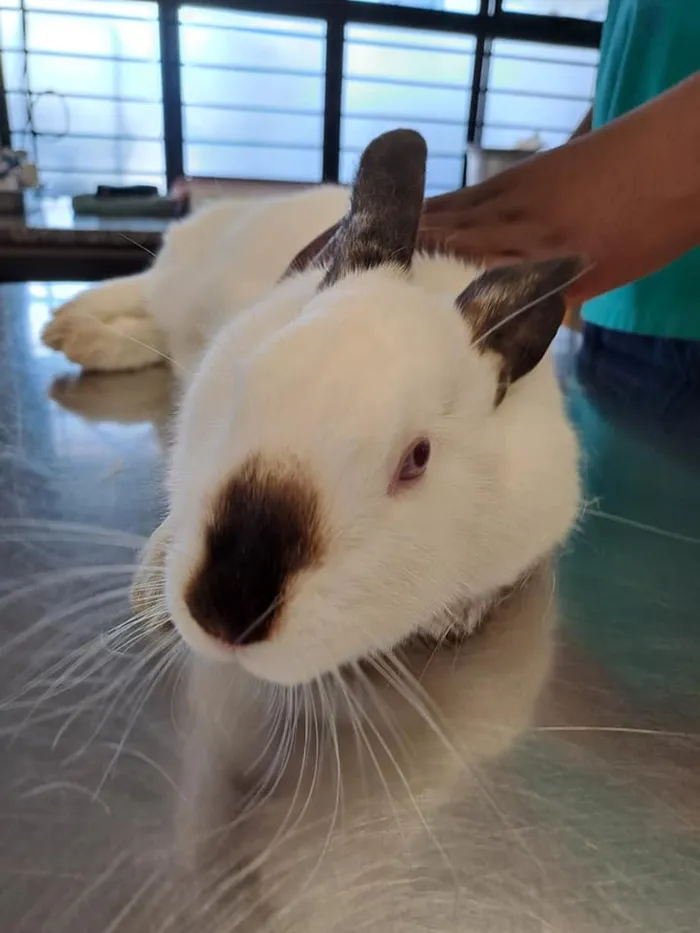Second rabbit disease outbreak in Knysna, Langkloof

A second outbreak of the deadly Rabbit Haemorrhagic Disease Virus2 (RHDV2) has been confirmed.
A second outbreak of the deadly Rabbit Haemorrhagic Disease Virus2 (RHDV2) has been confirmed.
This after the Endangered Wildlife Trust (EWT) received several reports confirming that the disease has re-emerged following widespread mortalities of wild hares and domestic rabbits across the Northern Cape, Western Cape and parts of the Eastern Cape between October last year and February.
Bonnie Schumann of the Endangered Wildlife Trust’s (EWT) Drylands Conservation Programme said the most recent reports indicated the disease was active in the Knysna area in the Western Cape and Langkloof in the Eastern Cape.
“The disease is specific to rabbits and hares (lagomorphs) and cannot be transmitted to people and other animals. However, between lagomorphs, it is highly contagious and easily transmitted, normally through direct contact, but may also be carried by flies and scavengers feeding on carcasses, on clothes, shoes and car tyres, or carried on the wind. RHDV is a controlled animal disease.
“Members of the public are advised not to handle or move carcasses to avoid the further spread of the disease.
“Pet rabbit owners are advised to exercise strict quarantine of their pets at home.
“Where unavoidable contact occurs, for example, when a pet rabbit dies, contact your local vet or state vet for advice on safely disposing of the carcasses. Disinfect all affected surfaces with bleach and warm-wash contaminated clothing items,” she said.
Schumann added that the disease could continue to spread and if the same pattern was followed as had been recorded elsewhere, including the US, these smaller outbreaks could eventually be followed by extensive outbreaks affecting lagomorphs across the country.
State vet, Dr Lesley van Helden said it was impossible to stop the spread in wild and feral rabbits.
“We are trying to create awareness of the disease so that rabbit owners can put preventive measures in place to protect their rabbits,” said Van Helden.
Schumann urged farmers with Riverine rabbits to monitor the riparian areas closely and immediately report any deaths to the EWT, including at the river catchments between Williston, Sutherland, Frazerburg, Loxton and Victoria West in the Northern Cape and around the Touwsriver, Robertson and Uniondale Baviaanskloof areas in the Western Cape.
Farmers and members of the public can report unusual deaths to ewt@ewt.org.za or the nearest state vet, including your name, farm name, cell number, GPS location of the incidents (if possible), and a photograph of the animal.
For more information, visit: https://www.elsenburg.com/wp-content/uploads/2023/06/Rabbit-Haemorrhagic-Disease-RHD-FAQ.pdf
Cape Times